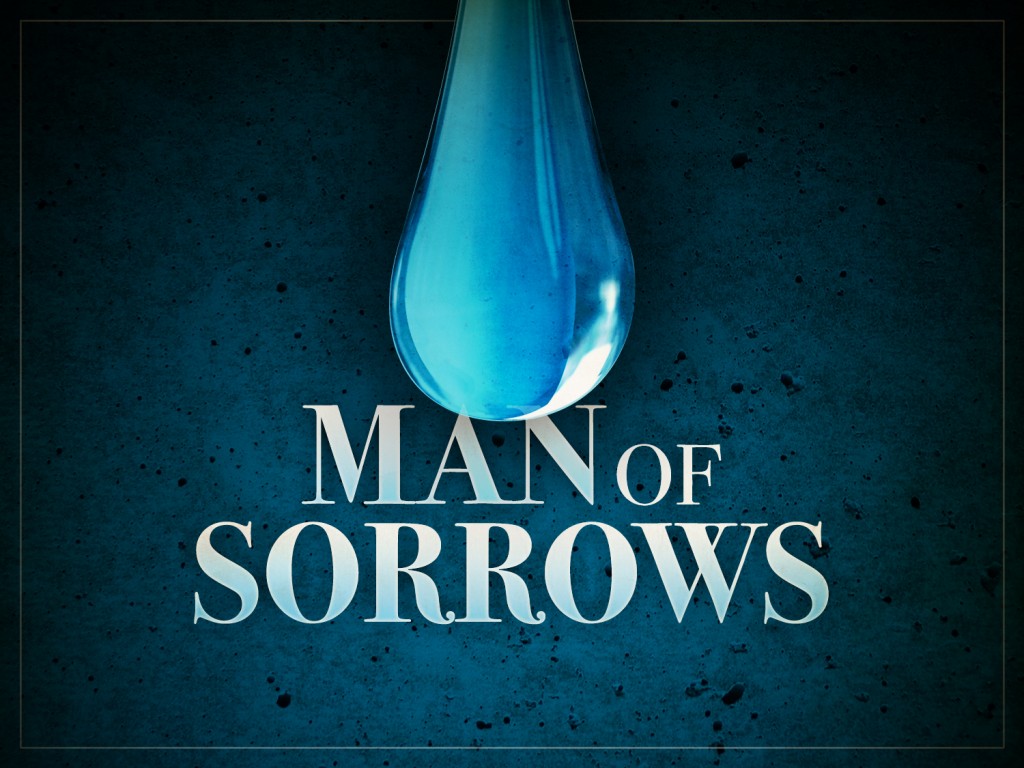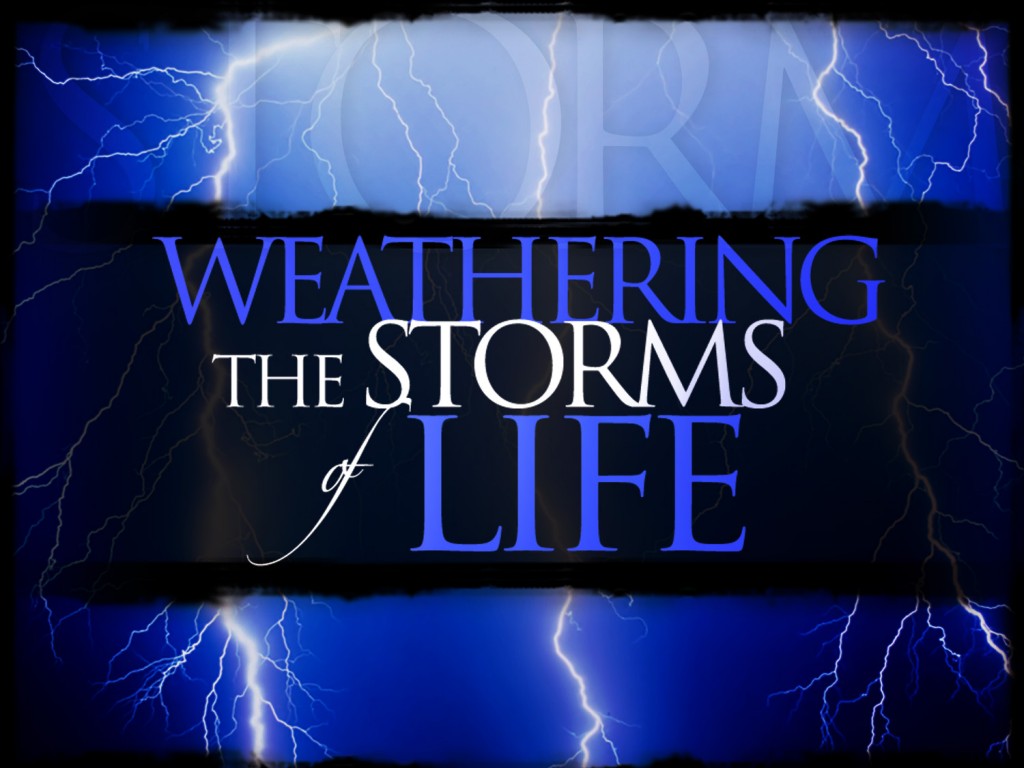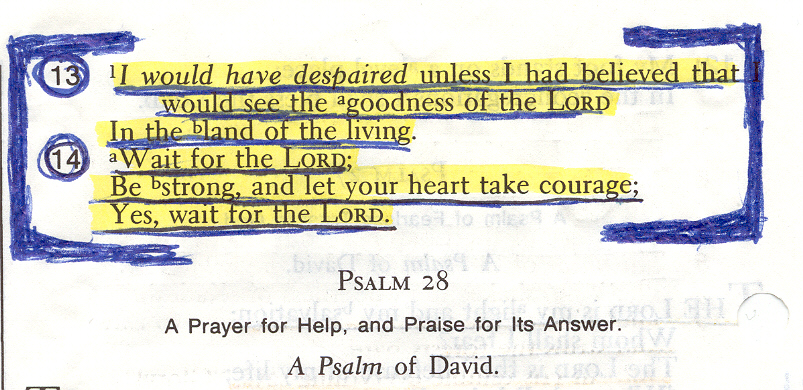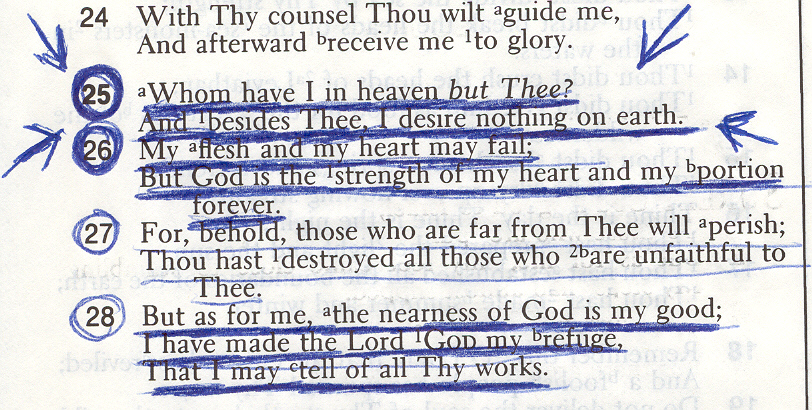“He was despised and forsaken of men,
A man of sorrows and acquainted with grief.”
(Isaiah 53:3a NASB)
Several years ago, I read Michael Card’s excellent book, A Sacred Sorrow: Reaching Out to God in the Lost Language of Lament. It ministered to me deeply then, and continues on to this day.
Here is a brief description of the book:
“It’s easy to praise God when things in your life are going well, but what about the other times? What happens when mountaintop experiences cascade into seasons of struggling in the valley?
God desires for us to pour out our hearts to Him, whether in joy or pain. But many of us don’t feel right expressing our anger, frustration, and sadness in prayer. Our personal worship experience is not complete unless we understand the lost language of lament.
From Job to David to Jesus, men and women of the Bible understood the importance of pouring one’s heart out to the Father. Examine their stories and expand your definition of worship. Let your pain, questions, and sorrow respond with praise to a God who is moved by your tears.”
Here are a few other quotes from the book that I found helpful…
Page 11
“It’s an odd thing. Jesus wept. Job wept. David wept. Jeremiah wept. They did it openly. Their weeping became a matter of public record. Their weeping, sanctioned by inclusion in our Holy Scriptures, a continuing and reliable witness that weeping has an honored place in the life of faith.
Why are Christians, of all people, embarrassed by tears, uneasy in the presence of sorrow, unpracticed in the language of lament? It certainly is not a biblical heritage, for virtually all our ancestors in the faith were thoroughly ‘acquainted with grief.’ And our Savior was, as everyone knows, ‘a Man of Sorrows.'”
Page 20
“The bottom line: We are all born into a world we were not really made to inhabit. We were created for God, made to flourish in the comfort of the Presence of our Father within the warm context of His undeniable hesed (the Hebrew word “hesed” is often rendered ‘mercy’ or ‘loving-kindness’).
Now, in this fallen world, we are cut off from them both. Only the loving sovereignty of an all-wise God could redeem such a hopeless situation. His solution? To use suffering to save us. To redeem our own suffering and most significantly to redeem all mankind, through His own suffering on the cross to pay the price for our sin. In order to turn around and move once more in the direction of God, we must find this path He has carved out. We must call out to Him in the language He has provided. We must regain the tearful trail. We must relearn lament.”
It should be no wonder then that lament is so much a part of the fabric of the Word of God. The Scriptures are filled with lament. Every major biblical character, from Abraham to Paul, is heard praying their protests to God and sorrowing for their sin by means of lament.
The complaints are eerily similar throughout the chorus: “Why do You hide Your face from me?” “Where are You, O Lord?” “If You really love me with an everlasting love (hesed), then why am I sick, why do my enemies triumph over me, why am I forsaken, what am I to do with my sin?”
Depending on which commentary you pick up, you’ll read that from one-third to over one-half of the psalms are laments. With the exception of one psalm (88), each lament turns eventually into praise, revealing an important truth that has been lost; lament is one of the most direct paths to the true praise we know we have lost.
“There is an appointed time for everything…a time to weep.” (Ecclesiastes 3:1, 4)
Page 22
“Our inability or refusal to enter into personal lament betrays the fact that we do not recognize the depth of our sin. We stubbornly refuse to have our hearts broken by it. The only result is that our sins continue to break the heart of God. It is only after lamenting our sin that our eyes can be truly open to the glorious truth that we stand forgiven, with the righteousness of Christ, and realize that we are in the Presence of the One who has heard our cries with tender and sympathetic ears.
Apart from lament, you and I are robbed of our true identity before God. We remain unaware of the depth of our fallen identities as sinners and blind to the reality and depth of the costly forgiveness that is offered to us through Jesus Christ.
The laments of Scripture can help us relearn this lost language. Characters like Job, David, Jeremiah, and even Jesus provide us with paradigms of lament.
This book is simply an attempt to look at their lives and listen to their laments. This is not a book about some new way to get what we want from God. Rather, it is a biblical exploration of the spiritual lives of broken men who gave up all they ever wanted to discover what it was that God wanted most to give.”
“The truth is that there are such things as Christian tears, and too few of us ever weep them.” (John R. W. Stott)
“Entrust the past to God’s mercy, the present to His love, and the future to His providence.” (St. Augustine, from Confessions)
Selah.
P.S. A personal note about the format of my blog…





